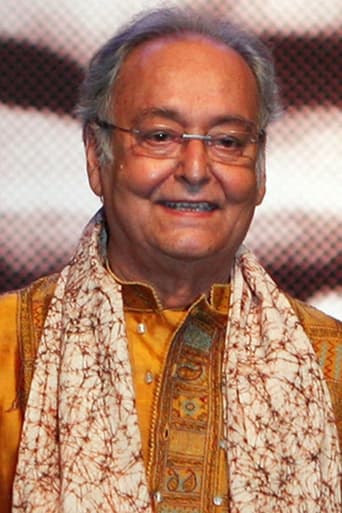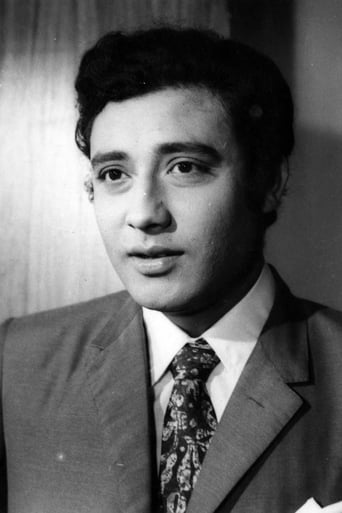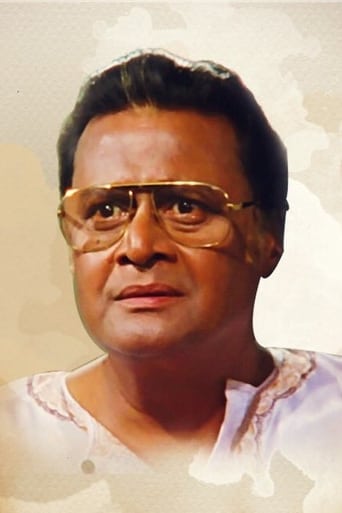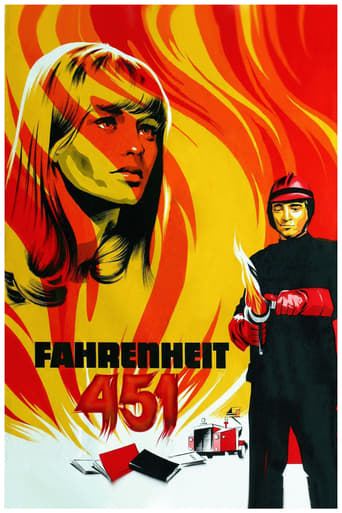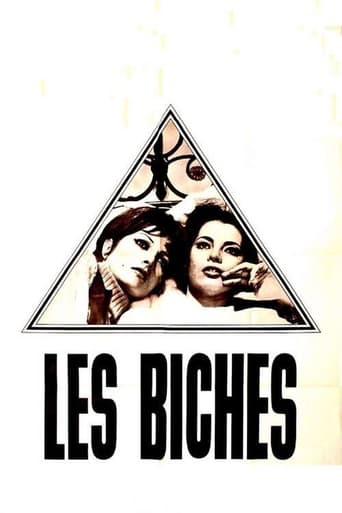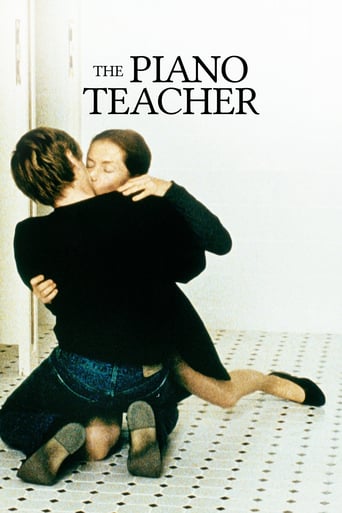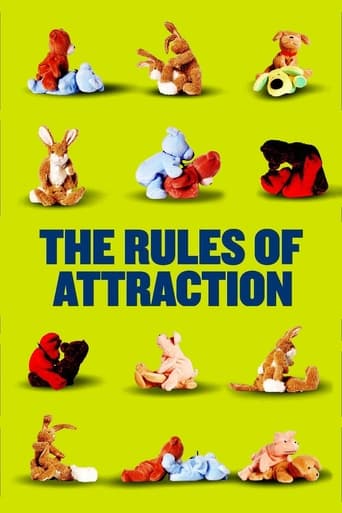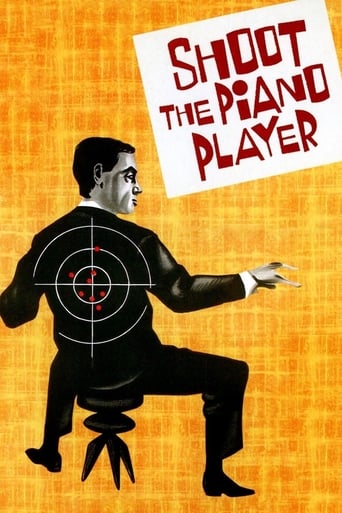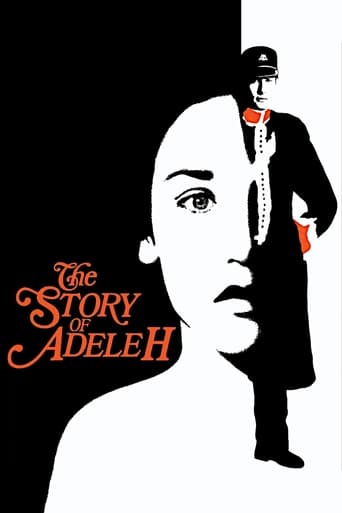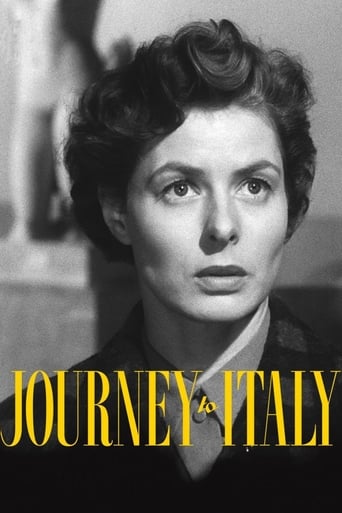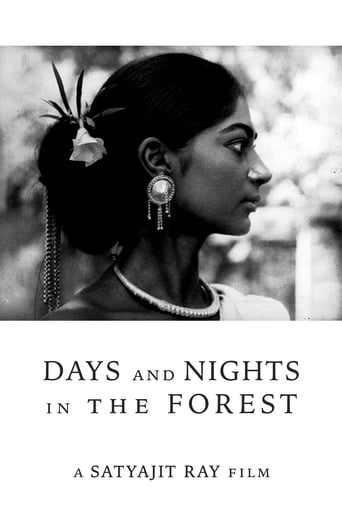
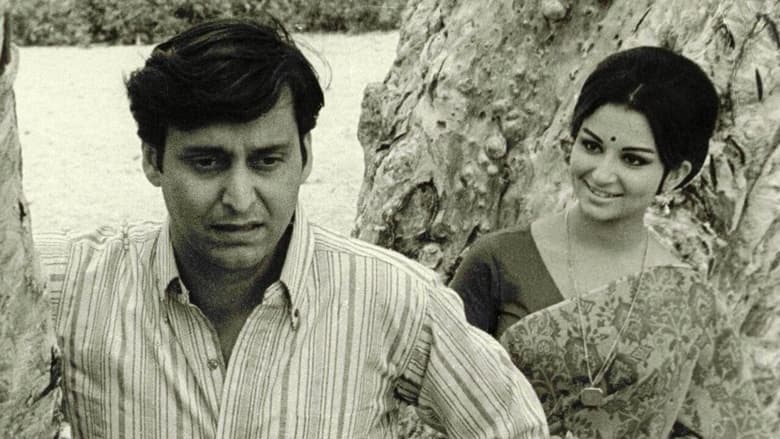
Days and Nights in the Forest (1970)
Four friends from Calcutta who have very different personalities make a holiday excursion into the country, to a tiny village in the state of Bihar where they set themselves up in a bungalow. A series of minor events, all connected to their respective reactions to their new environment, reveals their characters more deeply.
Watch Trailer
Cast
Similar titles
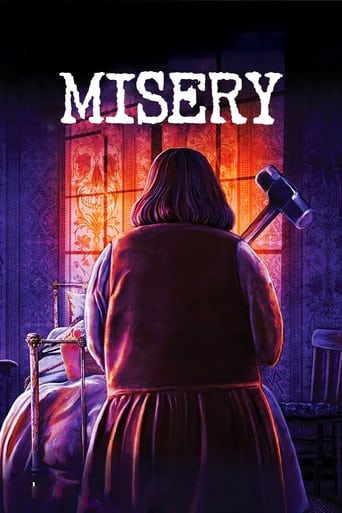
Reviews
Simply Perfect
A Major Disappointment
I enjoyed watching this film and would recommend other to give it a try , (as I am) but this movie, although enjoyable to watch due to the better than average acting fails to add anything new to its storyline that is all too familiar to these types of movies.
There are moments in this movie where the great movie it could've been peek out... They're fleeting, here, but they're worth savoring, and they happen often enough to make it worth your while.
Adapted form Sunil Ganguly's story, the film zooms in on the vagaries and vicissitudes of the then bourgeoisie and their disillusionment with their state of affairs. A motley quartet ventures into the woods of Palamau to spend some days in order to extricate themselves from the trammels of their ordered social and city life. Culled from the various strata in the middle class the four characters reflect completely different attitudes bound by a thread of friendship. 'Breaking the rules', they drop anchor at a government forest bungalow without the required permission, consequently browbeating, and finally bribing the chowkidar, putting his job at stake. They remain unshaven, exchange diatribes at a local arrack shop and indulge in a drunken twist causing problem to vehicles. Their behaviour with and indifference (frequently found among the bourgeois people) of the lower orders of the society and their suffering, quite often verging on brutality, may make them, for the time being, unlikeable; but their innocent and ignorant self-esteem doing them in at last draws back our sympathy once again. Ashim (as Soumitra Chatterji) loses his self-confidence finally after the memory game; Sanjoy (as Subhendu Chatterji) finds himself hollow as a man in front of a seductive Jaya; Hari himself mislays his wallet but beats the local boy Lakhai which rebounds on him at last; Shekhar (as Rabi Ghosh) is only the man who escapes much of the humiliation because of his hilarious nature.Their unexpected spotting, one morning, of two ladies of their social stratum within the tribal village brings them back, somewhat, to their superficial selves and they try to meet them in person and try their own hands at flirting. Though a forging of relationships is on the way under the hammer-blows of a set of consecutive meetings between the opposite sexes, yet each of the conceited quartet is blown to bits as the women come up trumps. Each of the quartet is chastened in his own way near the end of the film, and the women, winners in the beginning, appear to be pale, gloomy and their voices plangent beneath their jocund exterior and mellifluous chatter and pithy elicitation.Like in most of Ray's films, here also, the characters smile, but they find it rather painful to laugh. Though it is a matter of pity that a film of this momentousness received a lukewarm response form the native audience and critics when it was screened, yet it, then, was, and still is, a surefire narration of epic dimensions and the film's aura doesn't seem to dim even though it is watched over and over again. Unfortunately, they, who search for a single and simple theme in a film like this, will not be able to comprehend herein the interplay of various themes. Ray once said regretfully in a Sight & Sound interview, "The film is about so many things, that's the trouble. People want just one theme, which they can hold in their hands." He likened the structure of the film to a fugue, where disparate elements appear, develop interwoven, transformed pitted in a balanced way against each other.Lastly, the memory game sequence in the forest is as much psychological as it is appealing. Ray's astute handling of the mise-en-scene surpasses every character study heretofore attempted. Aparna pulls out when only Aparna and Ashim are left in the fray. Sexual undercurrents and each one's mental preferences are reflected during the game. With the forest as the setting the visitors engage in a primitive game of dethroning the other with one's mental might. The mysterious forest exudes revelations of the highest order at once perceivable and profound to be taken into, absorbed and preserved for perennial use by the unfortunate and innocent souls, who often get consumed with the fire of self-esteem and self-satisfaction thereby closing doors to experience and knowledge that's omniscience in it's vastness and immanence.
Aranyer Din Ratri; this remind me the first tour I have with my friends. And believe me when I'm saying; it was hilarious! That's the spirit and effect beholds one after watching this movie. The film was made in an era where the 3-4 friends geared up for a bumpy fun-ride weren't invented. Thought it blended the freshness of youth and the complex relative relations between them and their surroundings. Here Ray masterfully achieved the characterizations, as there are several to notice (or even follow). Ashim, the main male of this story rapidly changes his reactions as the story rolls. On the other hand Shekhar (played by Rabi Ghosh) is the only caste for the uniqueness and some comic relief; His character represents the rapidly decreasing moral thoughts as the environment changed. The treatment for this kind of story needs a constant vigilance, and Ray did it. Finally the spot they hung up to - Palamou, was a treat for the eyes, as well as the key element. Originality of these characters only burst out into the wild. Here I want to quote Ashim: 'Rag koris na; Kolkata r baire ele lokeder boyas ta kome jay' (Don't mind; people feel younger when they goes out from Kolkata)... It's really a top notch, yet under praised!!! 9 out of 10.
"Aranyer Din Ratri" is an underrated lyrical masterpiece from the great Satyajit Ray. Its structure is one of the most musical of Ray's films, yet it remains one of the most scathing indictments of pompous urban men. A must see. The memory game sequence alone is worth the price of the film.I feel compelled to respond to Ravenus, who writes: "Simi Garewal's hilariously accented Bengali makes her tribal character a hard act to digest." We must remember that Duli, the character Simi plays, is not a sophisticated woman from Calcutta, but a tribal woman from Palamau, which is 300 miles west of Calcutta. Her accent is perfect for the character.
Ray excells himself in this wonderfully sensitive rites-of-passage film. A group of friends in their twenties take a short vacation in the countryside together. After some confusion about their accommodation they find themselves staying near to two respectable young women of good family who stimulate their interest. Although the women appear not too interested at first, things change, and they all begin to spend time together. Each of the characters is profoundly different from the others, and it soon becomes clear that they have different goals - and perhaps needs - in life. That does not prevent an extraordinary sexual chemistry from developing which is all the more vivid for being understated and unspoken. The picnic scene where the girls suggest they all play a literary game is replete with poignantly repressed sexuality. As the film develops the four men begin to go their separate ways, but for the two women (and for one especially) the encounter with the men has stimulated feelings it is difficult to ignore. This is a film of extraordinary subtlety and depth. A classic of world cinema by one of the cinema's greatest directors, it deserves much greater recognition.
